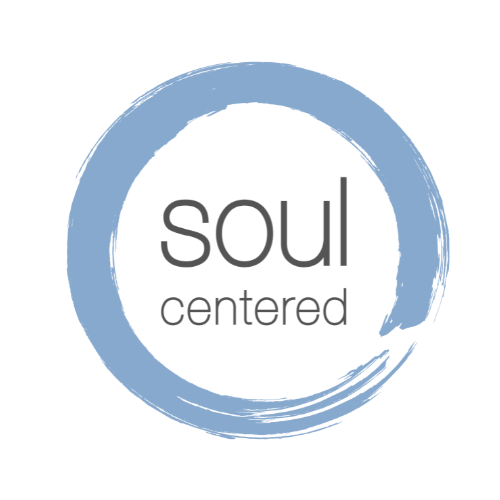Making Meaning From COVID
At this moment in time, more than 2 million lives have been lost to Covid. We have not seen this global trauma in decades. Most likely in our lifetime, we will not see another one with such mass casualties (dear God, let’s hope!). Our children are wearing masks to school and have learned that touching, hugging, and being close to their friends and family is scary and life-threatening. Depression and anxiety are at an all-time high. We have watched our loved ones die alone without properly grieving and without surrounding ourselves with support and love like we need.
As I write, this, tears are falling. When you see it on paper, it really hits you. We are in global trauma, and it is causing massive grief. We are grieving the lives we once had, our freedom, our ability to be close and comfort one another, and we are grieving our loved ones who we lost to COVID and illness. But, we haven’t been able to fully grieve. We are in a collective holding period and can’t properly take a breath. Is it no wonder that covid affects the way we breathe?
How will we handle this massive, collective grief and post-trauma that we will face when this is somehow all over? Are we prepared to move forward into a new world with PTSD, with trauma lodged in our bodies, affecting our children, our bodies, our future, and our relationships? This pandemic is one that will absolutely affect our children’s children and so forth.
“If some children are traumatised for the long-term, COVID-19 risks being an intergenerational phenomenon once they grow up and have kids of their own. They could transmit their trauma through encouraging unconscious imitation, deliberate and conscious conditioning, or even possibly epigenetics, when traumatic stress materially alters a genetic inheritance (although research is early-stage).” Ed Prideaux.
This is a deep, loud call for healing and facing our grief head-on, with the intention of protecting our future generations from the trauma that will likely be instilled in their DNA.
We can heal, and we can help our future generations heal. But first, we must face our losses and embrace our grief. These unresolved emotions, trauma, and grief get lodged in our bodies where they build and fester, draining our energy, leading to burnout, emotional imbalance, and more. When we chronically repress emotions, loss, and trauma, we create toxicity in our body, mind, and heart. We aren’t living to our full potential. At some point, our unexpressed loss and unexpressed emotions spill over to our bodies, and our bodies begin to speak our pain through aches, pain, and even illness. Now is the time to cry, to feel, to rage, and be real about how you feel! Now is the time to process this collective trauma and grief, move it through your body and release it.
Let’s do this for our children, and our children’s children, and so forth. The 2 million that lost their lives need us to take our grief by the reigns and heal. They need us to love each other and hold each other emotionally so that we can release this pain into the hands of Source herself and move forward in love. This healing process is making meaning from our pain. We can make meaning in our grief by choosing to feel, choosing to heal, and choosing life. Don’t our children deserve it?
